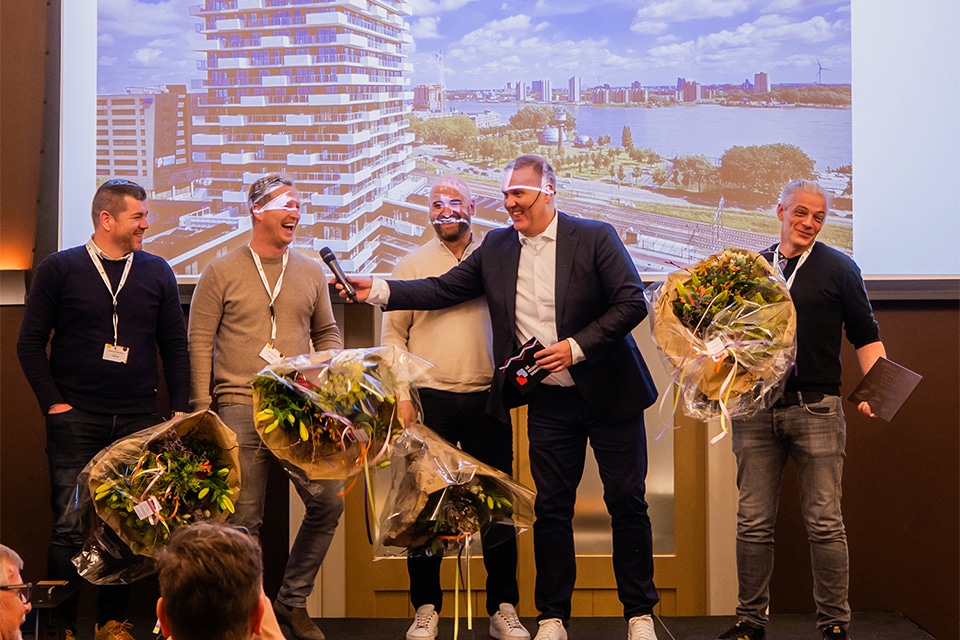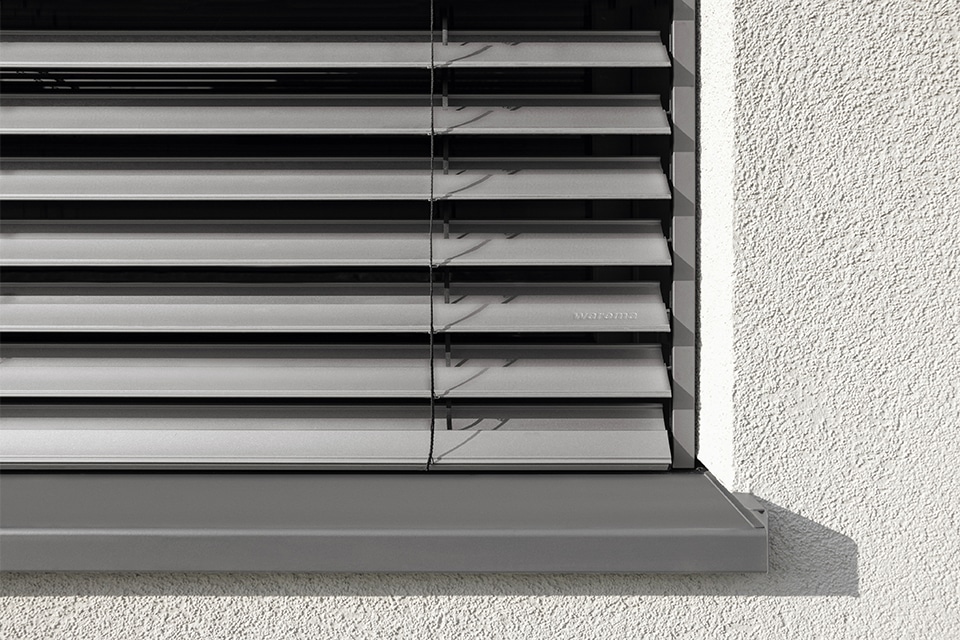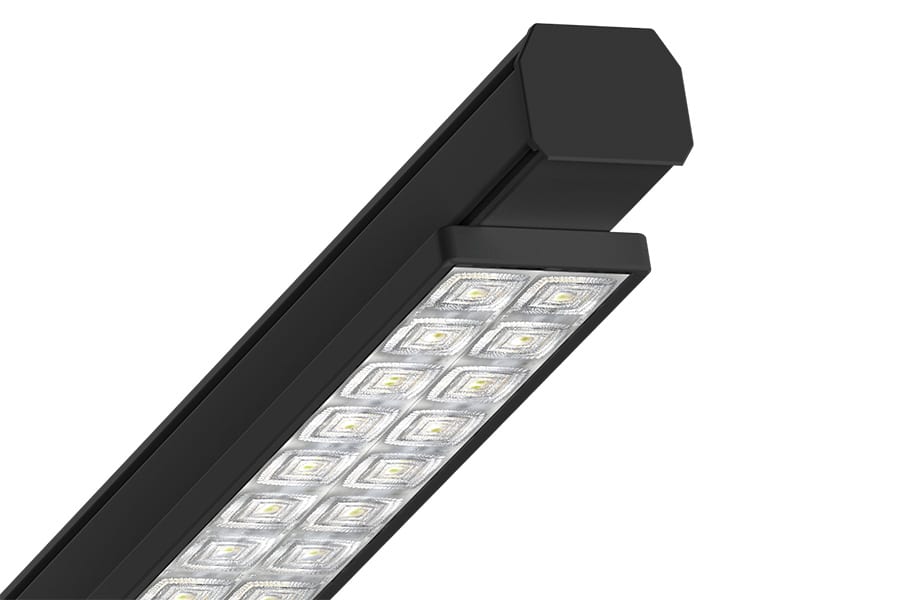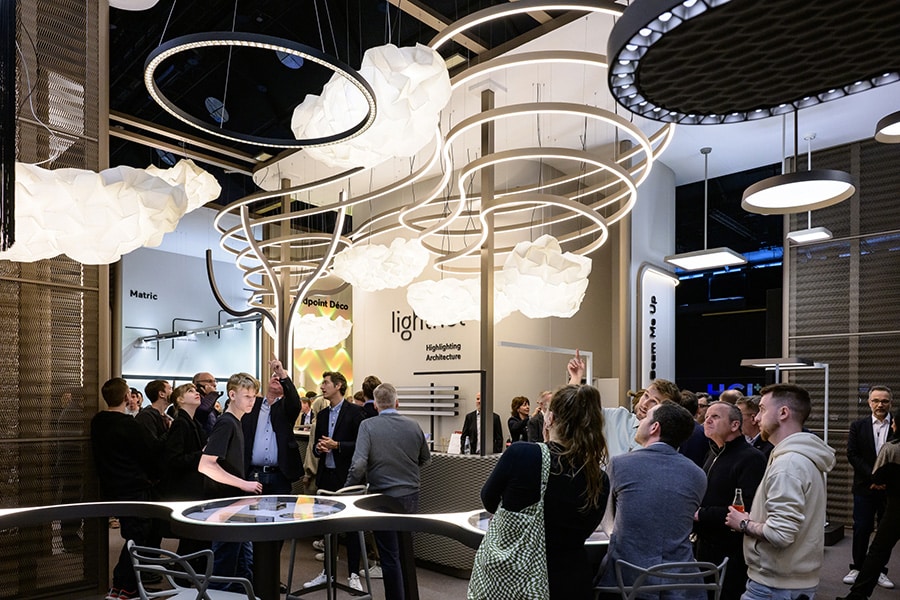
Concrete: may this kilocaller be off the construction industry's shelf?
We like to transport ourselves more sustainably from A to B, preferring a cleaner electric car to a fuel car. And if possible, we put a solar panel or heat pump on the roof to heat our homes more sustainably. In short: we are making massive efforts to reduce CO2 emissions and to live and work in a more environmentally friendly way.
The construction industry cannot be left behind! Of course, circular construction is on the rise. In my last project I noticed that this requires quite some extra creativity, also from me as an architect. After all, it's not that easy yet, working with recycled materials. But I remain in favor of it, because I build for the future and not just for the present.
Blind Stare
What still happens too little in the construction world is looking within the whole chain at how we can make buildings more sustainable. We stare blindly at the use phase of a building. Not what it costs to produce the materials we use. It's like buying a washing machine with energy label A, but which was then produced very environmentally polluting. That is the same as patting yourself on the back for installing a heat pump, but then in terms of materials, building the building massively out of steel, cement and concrete. Out of habit, or addiction. While concrete contributes 7% to total CO2 emissions worldwide.
This figure does not yet include the (environmental) costs of disposal. You can only pulverize concrete and reuse it as granulate. That is a very low-grade application and therefore does not fit well with circular thinking.
If you're reading this you're probably thinking, nice Maarten. But how do I get the business case?
Anyone who wants to change the world must start with taxes, says Rutger Bregman. And that's how I see it, too. Increasing the tax incentive on sustainable building is an action that lies with the government. I would like to see the government provide VAT incentives to the construction industry to build more sustainably, with higher quality materials. How about a bonus or 0% VAT for those who build with recycled products, such as natural materials like wood? Or an additional reward on demountable construction, such as a lower VAT rate?
Concrete tax
Concrete is the kilocalker of construction. It is used in large quantities, is native and cheap. Therefore, like a meat tax, I advocate a concrete tax. That is the only way I see to reduce the large amount of concrete in our country.
Kilo-cutting with concrete. It seems easy and comfortable. But can you come home with that in the future?
Maarten Nieuwenhuize is an architect, Construction expert and owner of architectural firm M´n Architect. This firm specializes in new construction, remodeling, renovation and repurposing. Info @ www.mn-architect.nl.




